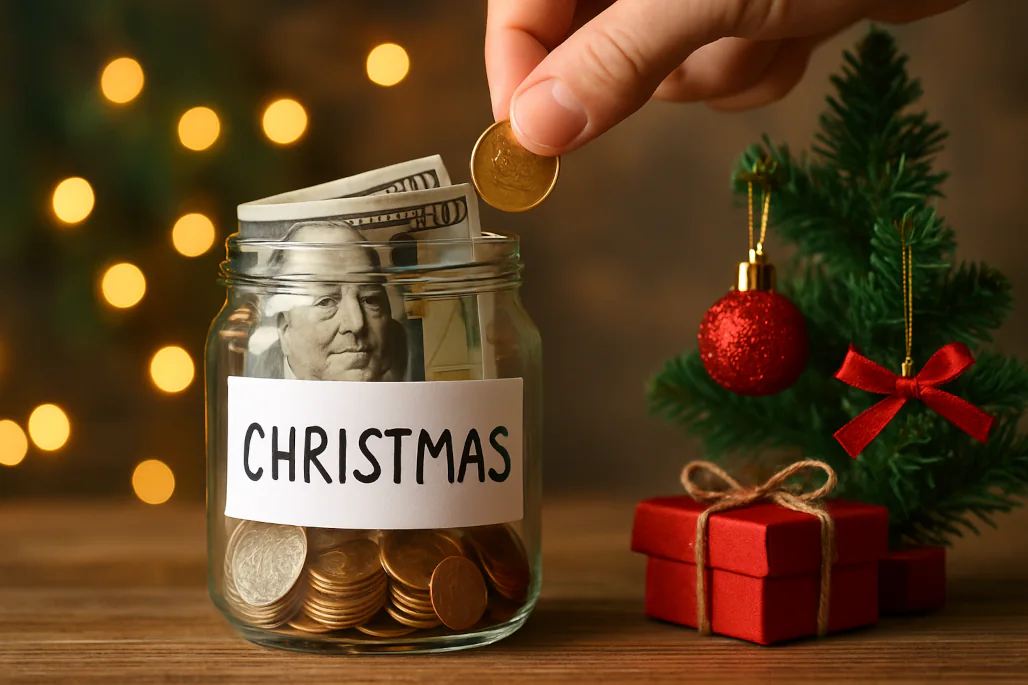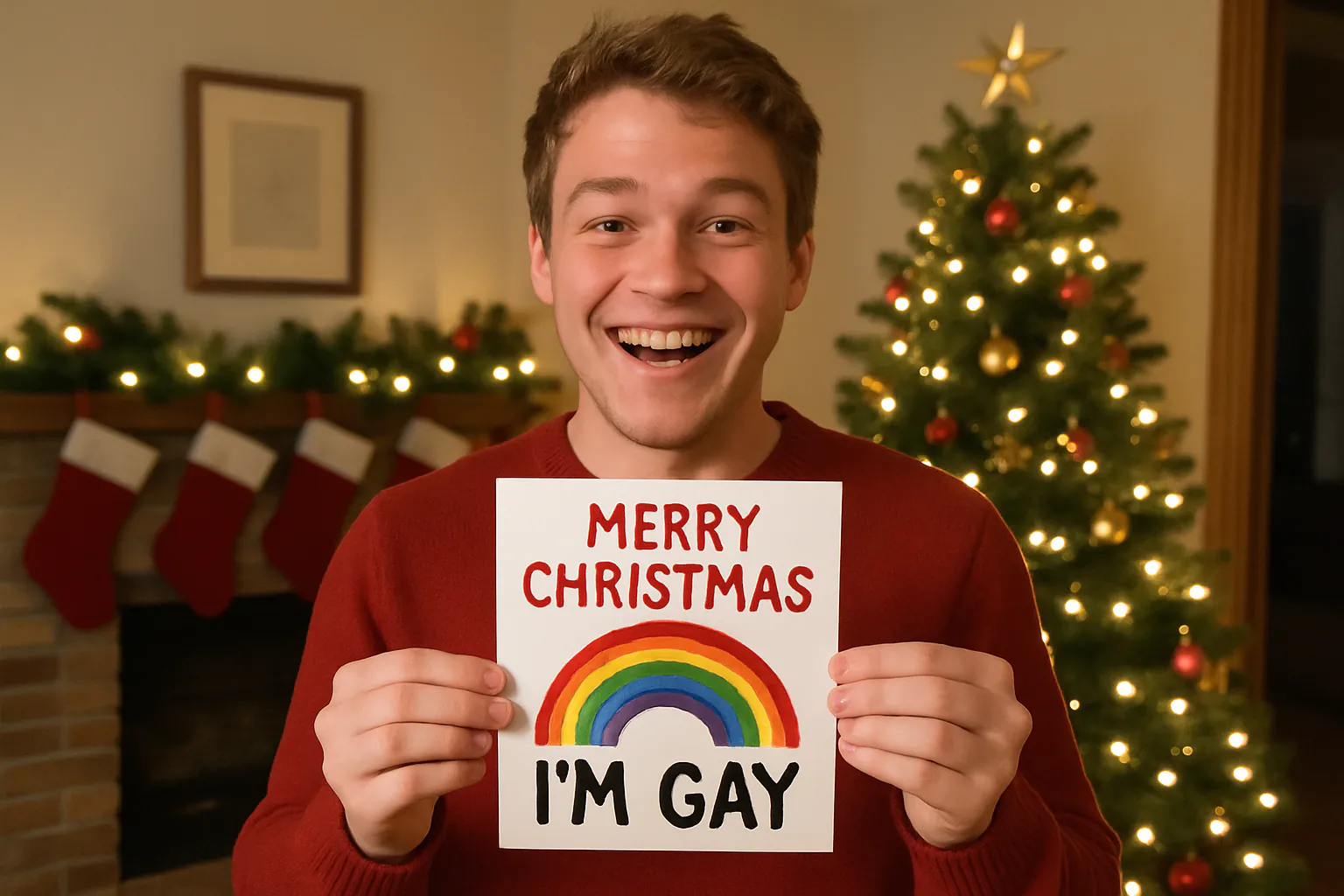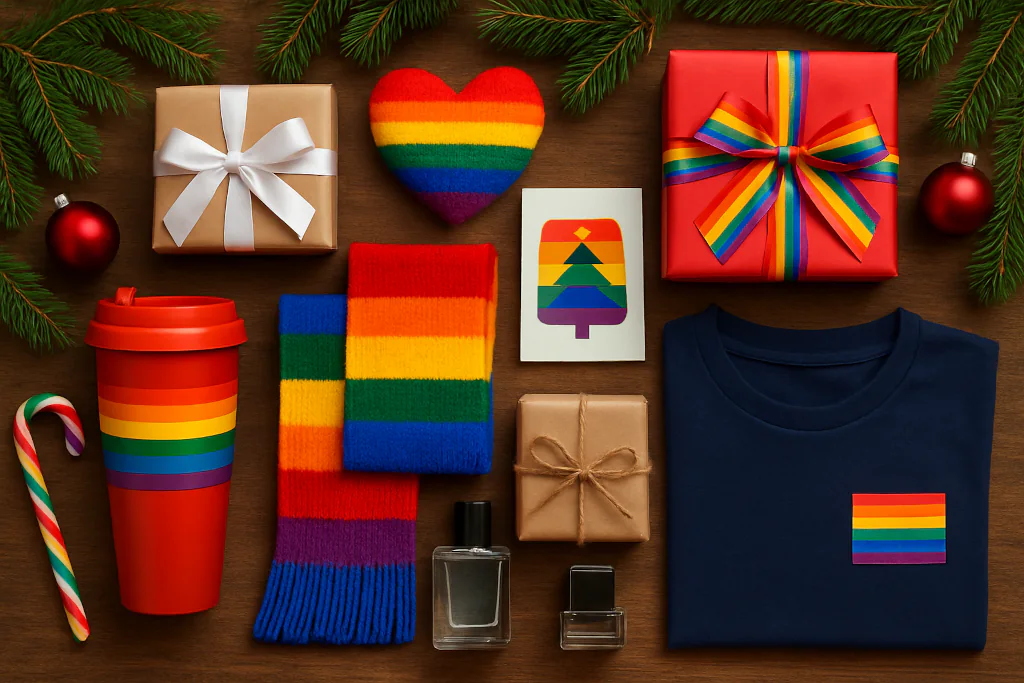A Personal Story from the Heart
I write this story as a Ghanaian, and a very proud one at that. Being gay in Ghana is extremely challenging as many people are homophobic and ignorant about homosexuality. It gets hard to be oneself when you are in a country deeply rooted in religious morality and superstitions about anyone and anything, so walking through the door and saying “hey mom, I am gay!” won’t give you points anywhere in this life.
I can say I have been into guys since I was 9. It began with showing of body parts and then it turned into something else as the years flew by. Each year of my life has been a relentless torture of learning how to talk, walk, cross arms and even facial expressions which are deemed appropriate by my very homophobic “friends”.
Fear and Rejection in School
Growing up, I had the typical warnings of what happens to boys who went to senior high schools, but that further increased my interest in them. In school, I was made to think I was an outcast, abnormal and a grievous mistake from hell.
The Mental Health Struggles
As a young adult, I face certain challenges as to who to be with in the future. One has to consistently refer to him as her just to save face. Suicide has been a number one priority in my day-to-day dealings as it seems I further drown into depression day after day… I have further isolated myself from family and friends as it gets hard to keep with the trends of time. I pray it’s not a matter of time before it gets too late for me.
The Hidden Lives of Many
For most who can afford to live the life… They end up with a very depressed wife who thinks she is the cause of their hopeless sex life… I have a few friends who were brave but it meant leaving life as they know it and never coming back.
I will come out to my family but I know that life as I have come to know it will cease to exist. All I just wish for is understanding…
Ghana’s Legal Stance: A Colonial Law Upheld
While the above is a deeply personal narrative, it reflects a broader reality shared by many LGBTQ+ individuals in Ghana. The country, known for its rich culture and warm hospitality, is also one of the most conservative in Africa when it comes to sexual orientation and gender identity.
Legal Status of LGBTQ+ in Ghana: Ghana’s Supreme Court Ruling
On July 24, 2024, Ghana’s Supreme Court delivered a disappointing blow to LGBTQ+ rights when it upheld a colonial-era law criminalising consensual same-sex relations. The court reaffirmed Section 104(1)(b) of the Criminal Offences Act, which labels “unnatural carnal knowledge” between consenting adults as a misdemeanour. This ruling effectively sustains the British colonial legacy of criminalising queer identities.
The law had been challenged on the basis that it violates Ghana’s own constitutional guarantees of dignity, privacy, and personal liberty. Yet the court chose to maintain the status quo, ignoring both constitutional protections and Ghana’s international human rights obligations.
According to Human Rights Watch, the court’s interpretation now dangerously mirrors parts of the pending “Promotion of Proper Human Sexual Rights and Ghanaian Family Values Bill, 2021.” This bill, if signed into law, would not only increase penalties for same-sex acts but also criminalise advocacy, funding, and support for LGBTQ+ rights.
Expanded Definitions and More Criminalisation
Shockingly, the court’s ruling extends the definition of “unnatural manner” to include the use of sex toys—another clear indication of the intrusion into private lives. The ruling essentially invites broader legal interpretations that criminalise personal behaviours that are consensual and private.
The proposed bill would:
- Increase maximum prison sentences from three to five years for same-sex conduct.
- Criminalise any public support, funding, or promotion of LGBTQ+ rights, including via social media.
- Target allies, healthcare providers, and even educators who offer support or information.
Despite widespread public support for the bill, prominent figures such as Cardinal Peter Turkson and Samia Nkrumah have spoken out against it, calling it “harsh” and “unjust.”
Social Stigma and Daily Threats
Beyond the courtroom, Ghanaian LGBTQ+ individuals face violence, abuse, and daily discrimination. The decision by the Supreme Court emboldens such hostility, giving legal cover to social persecution. LGBTQ+ Ghanaians live in fear of being outed, attacked, or denied access to housing, jobs, and healthcare.
The fear is not abstract—it’s personal. It is the fear of being seen, the fear of speaking, the fear of simply existing. This legal ruling only deepens the trench in which queer lives are buried in silence.
Safety and Survival Tactics, Asylum, and the Cost of Freedom

Due to the hostile environment, many queer individuals lead double lives.
For those who can afford it, the only route to safety is to escape. Countries like Canada, the UK, and the US have granted asylum to queer Ghanaians fleeing persecution. While this provides safety, it also means severing ties with one’s homeland, family, and culture. This freedom comes at a devastating cost: isolation, trauma, and permanent dislocation.
Others who remain behind often endure forced heteronormative marriages, hide their true identities, or live in constant fear of being outed, leading to mental health deterioration. As the personal story above reveals, depression and suicidal thoughts are tragically common among Ghana’s queer youth.
The Role of Religion and Culture
Ghana is a deeply religious country. The dominant Christian and Muslim institutions often advocate for traditional gender roles and heterosexual unions. This religious conservatism heavily influences public policy and social attitudes.
Many religious leaders and traditional authorities openly condemn homosexuality, which fuels public hostility. Cases of mob attacks, evictions, extortion, and family rejection are not uncommon.
Moreover, cultural narratives tie queerness to Western influence, painting it as an alien import. Ironically, the very law used to criminalise LGBTQ+ identities is a colonial remnant—an imposition by the British, not native to Ghanaian traditions.
Pushing Back: Activism in the Face of Oppression
Despite the grim landscape, a growing number of brave activists and organisations are fighting for change. The voices of resistance persist. Activists, both underground and in exile, continue to fight for visibility and justice. Organisations like LGBT+ Rights Ghana offer vital support, though often at great personal risk.
Significant opposition to the anti-LGBTQ+ bill has emerged, notably from religious leaders, legal scholars, and civil society activists. A growing number of Ghanaians are beginning to question whether these laws reflect the values of justice, compassion, and human dignity.
What Needs to Change
- Immediate Presidential Veto: President Nana Akufo-Addo must veto the anti-LGBTQ+ bill to prevent further human rights violations.
- Legal Reform: Repeal of colonial-era laws that criminalise same-sex relations.
- Public Education: Campaigns to dispel myths and stereotypes about LGBTQ+ people.
- Mental Health Services: Accessible, affirming support for queer individuals.
- Protection for Activists: Legal safeguards for those advocating LGBTQ+ rights.
- Safe Spaces: More safe spaces—both physical and digital—can provide community and support for LGBTQ+ individuals.
- Religious Dialogue: Engaging faith leaders in conversations about inclusion could shift public sentiment.
FAQ
The court upheld a colonial-era law criminalising consensual same-sex acts, reinforcing legal discrimination against LGBTQ+ people.
It increases penalties for same-sex conduct, criminalises advocacy, and targets allies and service providers supporting LGBTQ+ rights.
Yes, under Section 104(1)(b) of the Criminal Offences Act, same-sex acts are considered misdemeanours punishable by imprisonment.
Yes. Many seek refuge in countries with more protective laws, though this often means permanent separation from their homeland.
Yes. Religious leaders like Cardinal Peter Turkson and political figures like Samia Nkrumah have openly criticised the bill as unjust.
Allies can amplify queer voices, support rights organisations, and speak out against discrimination and harmful legislation.
Final Thoughts
Being gay in Ghana is not just a personal challenge—it’s a legal, cultural, and political struggle. The recent Supreme Court ruling only adds legal weight to the social burdens already carried by LGBTQ+ communities. But voices—like the one you’ve just read—continue to rise, refusing to be silenced.
If Ghana is to move forward, it must confront its colonial past and affirm the dignity and rights of all its citizens, regardless of who they love.
The road ahead is long, but change is possible—one brave voice at a time.
We invite you to leave a comment below—share your thoughts, your support, or your own story. Visibility matters.








Share your thoughts on the above post!